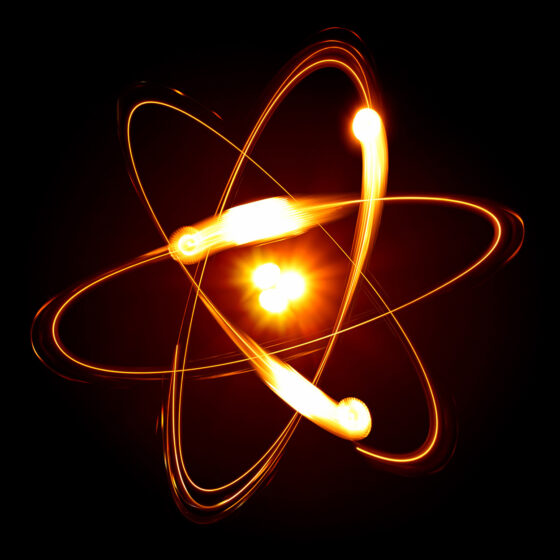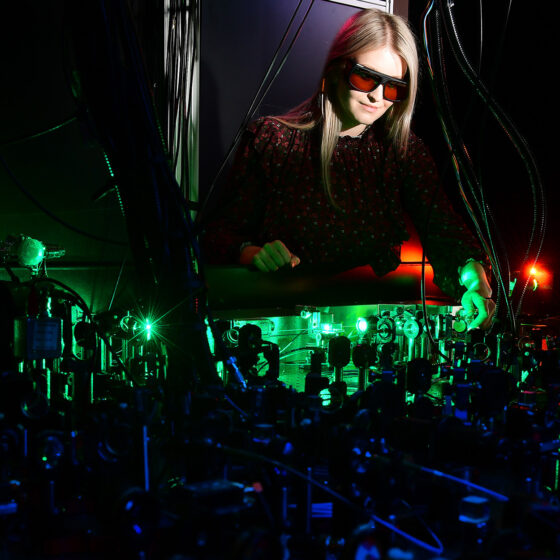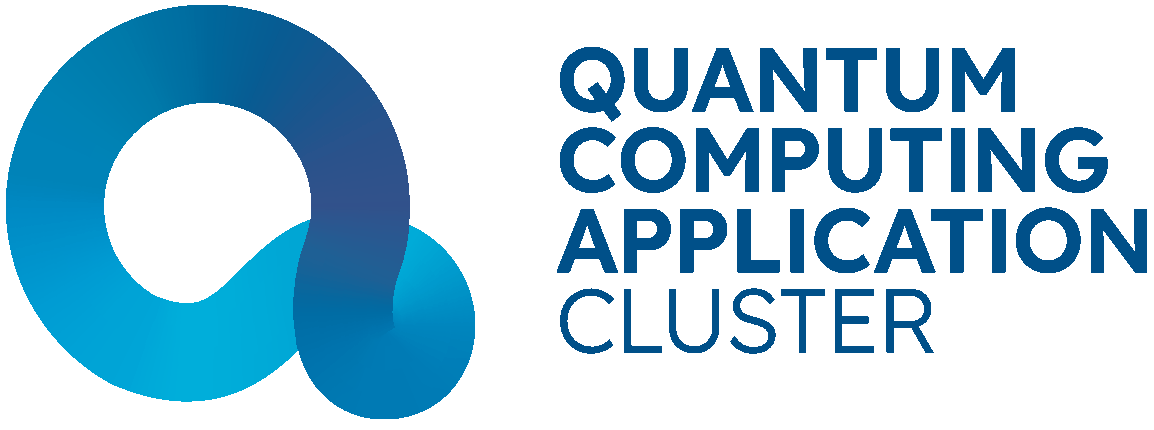Connected Capability



HARDWARE
Neutral Atoms
The University of Strathclyde is the leading UK department in quantum computing and simulation with neutral atoms, which is strongly integrated with architecture development. Neutral atom quantum computing offers the potential to rapidly scale up the number of qubits and thereby tackle a larger range of “real world problems”. There are two distinct experimental platforms:
- Neutral atom arrays (with Rydberg-based quantum computing): Strathclyde, together with photonics and quantum technology company M-Squared Lasers are developing next-generation neutral atom processors for digital quantum computation and adiabatic quantum computing, as well as quantum simulation.
- Cold Atoms in Optical Lattices: These act as analogue computers for materials science applications, somewhat like wind tunnels for designing and testing quantum materials. They also act as a development platform for other quantum technologies (including atomic clocks and sensors).
HARDWARE
Superconducting Circuits
The University of Glasgow hosts a strong programme in developing cryogenic hardware for quantum computing, including superconducting detectors and circuits that form the basis of quantum computers being developed also by IBM and Google. We have unique access to the leading James Watt Nanofabrication Centre (JWNC) with an established commercial unit, Kelvin Nanotechnology to provide components for quantum computing. The areas being developed by the University of Glasgow include:
- Materials and Nanofabrication of scaled superconducting quantum chips
- Supporting cryogenic hardware for quantum computing
- Classical cryogenic electronic for control and readout of quantum processors
HARDWARE
Other developing platforms and technologies
We have ongoing work in spin qubits (Strathclyde), and hybrid superconducting-semiconductor qubits (Glasgow). More broadly, there is a lot of regional strength across all four areas of quantum technologies, with the Universities of Strathclyde and Glasgow the only two universities in all four quantum technologies hubs.
SOFTWARE
Our software capabilities spread between The University of Edinburgh Quantum Informatics Group, which is the largest of its kind in the UK, and the University of Strathclyde, which specialises in specific connections to near-term hardware and scientific computing. We work on applications including:
- Quantum simulation, with applications to materials science and quantum chemistry
- Variational quantum algorithms and optimisation tasks
- Quantum Machine Learning
- Quantum Cyber Security, including post-quantum security and quantum cryptanalysis
We develop the full underpinning software stack for quantum computing, including:
- Quantum Programming Languages and circuit compilation
- Benchmarking, testing and verification of quantum technologies
- Quantum Systems/Architectures and the quantum internet
HIGH PERFORMANCE COMPUTING AND CONNECTIONS TO END-USER APPLICATIONS
A key distinguishing characteristic of our cluster is the involvement of EPCC, an international centre for excellence in HPC, and host of world-class systems (including the national supercomputer, Archer2). They bring the opportunity for joined-up connections with HPC hardware, as well as connections to end users and an understanding of key computational challenges in industry.

